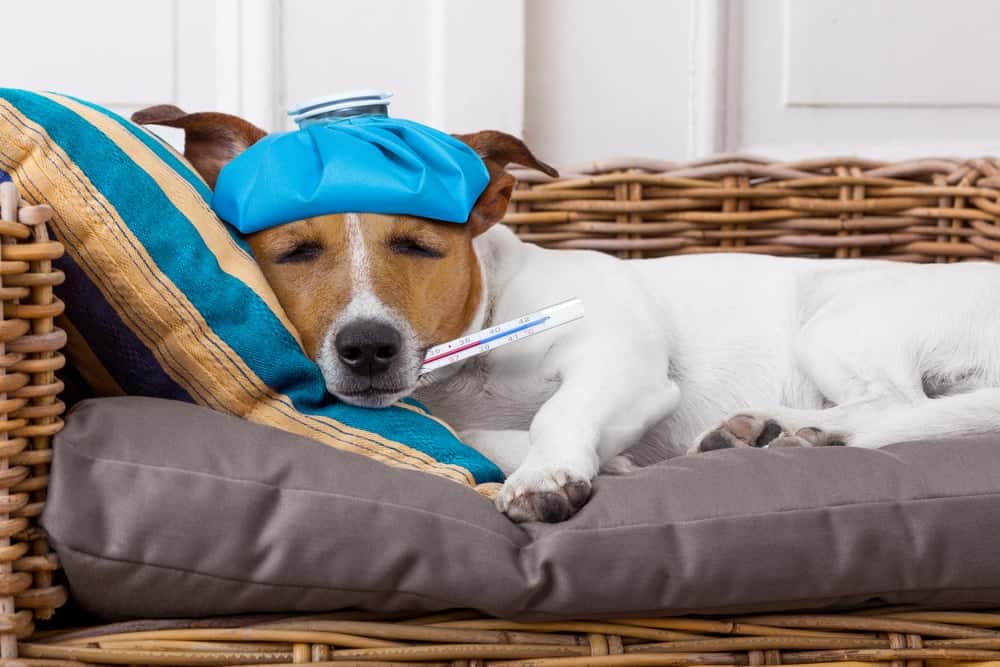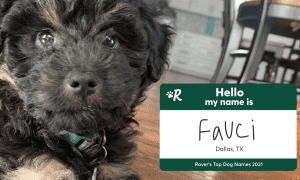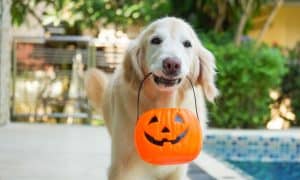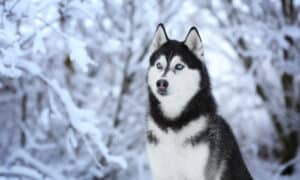“This post contains affiliate links, and I will be compensated if you make a purchase after clicking on my links.”
While many parts of the country are experiencing human flu season, another form of influenza is making it’s way across the states. But, this one is targeting our canine companions. Latest reports confirm the dog flu has reached at least 46 states so far, and continues to spread.

Like the human flu that affects so many each year, the dog flu is highly contagious with the potential to spread very quickly among dogs, especially those that frequently socialize with others at dog parks, daycares, in shelters and boarding facilities.
As of last week, veterinarians in 46 states across the country confirmed cases of either the H3N8 strain, the H3N2 strain, or both.
So, we asked Dr. Gary Richter, a Veterinary Health Expert with Rover.com, the nation’s largest network of 5-star pet sitters and dog walkers, what pet parents need to know to best protect their pets this flu season.
Is the canine flu dangerous? Is this year worse than others?
The canine flu isn’t any more dangerous this year. However, it does seem to be spreading more than usual due to owners traveling and socializing more with their dogs. The popularity of social spaces for dogs, like parks, dog runs and kennels, creates environments where the virus can spread to a lot of dogs very quickly. Most dogs will recover, but canine influenza can be lethal in a small number of patients, similar to the human version of the flu.
What are the flu symptoms to look out for?
Coughing, mucous discharge from the nose and eyes, fever, and general lethargy are the main symptoms to look for.
How can owners avoid canine flu?
Avoiding large groups of dogs is the best strategy. Indoor areas with a high concentration of dogs are the most likely places to get the virus, but outdoor play areas can also be a place of transmission. Spaces with lots of dogs should be avoided if your dog isn’t vaccinated.
What are the pros and cons of getting a flu shot for your dog? Is it too late now?
The simple answer is no, it is not too late to vaccinate a dog for canine influenza. At best, the vaccination will help prevent disease transmission and it can also lessen the symptoms if a dog is exposed. While any individual dog can have an adverse reaction to a vaccine, the risk is outweighed by the potential consequences of contracting canine influenza.
Whether or not to vaccinate your dog should depend on the following factors: geographic location and prevalence of the disease locally, the overall health of the dog, and the lifestyle of the dog. Dogs that are not in high risk environments, live in areas of low disease prevalence, or those with a previous history of vaccine reactions should consult with the veterinarian to determine what the best course of action should be.
When is it time to go to the vet?
Any dog that is coughing, sneezing, and/or has nasal discharge should see their veterinarian. The symptoms of canine influenza can initially look very similar to kennel cough. There is a laboratory test that can confirm the diagnosis.
How will my dog be treated by a vet?
Dogs with influenza are frequently put on antibiotics to prevent or treat secondary bacterial infections. Animals with severe symptoms may need to be hospitalized and put on IV fluids and medication as supportive therapy while they are recovering.
Dr. Gary Richter, M.S., D.V.M., C.V.C., C.V.A., is a graduate of the University of Florida with a B.S. in animal science, an M.S. in veterinary medical science, and a doctorate of veterinary medicine with honors. Since 2002, he has been the owner and medical director of Montclair Veterinary Hospital in Oakland, California, and he launched Holistic Veterinary Care in 2009.
Rover.com® is the largest network of 5-star pet sitters and dog walkers in North America. Serving pet parents across the U.S. and Canada, Rover connects dog owners with trusted pet care whenever they need it. Millions of services have been booked on Rover, including pet sitting, dog walking, in-home dog boarding, and doggy day care.





















